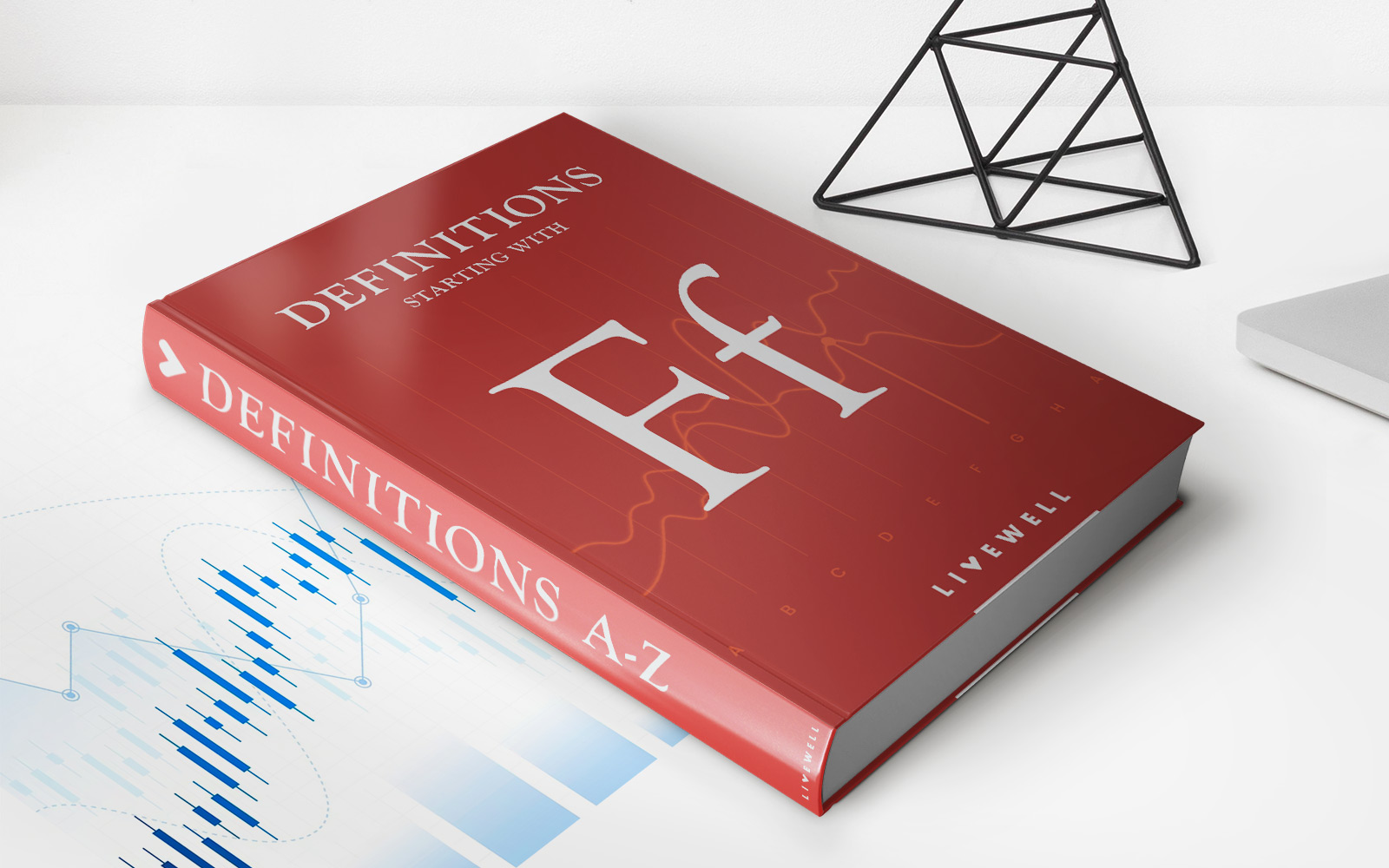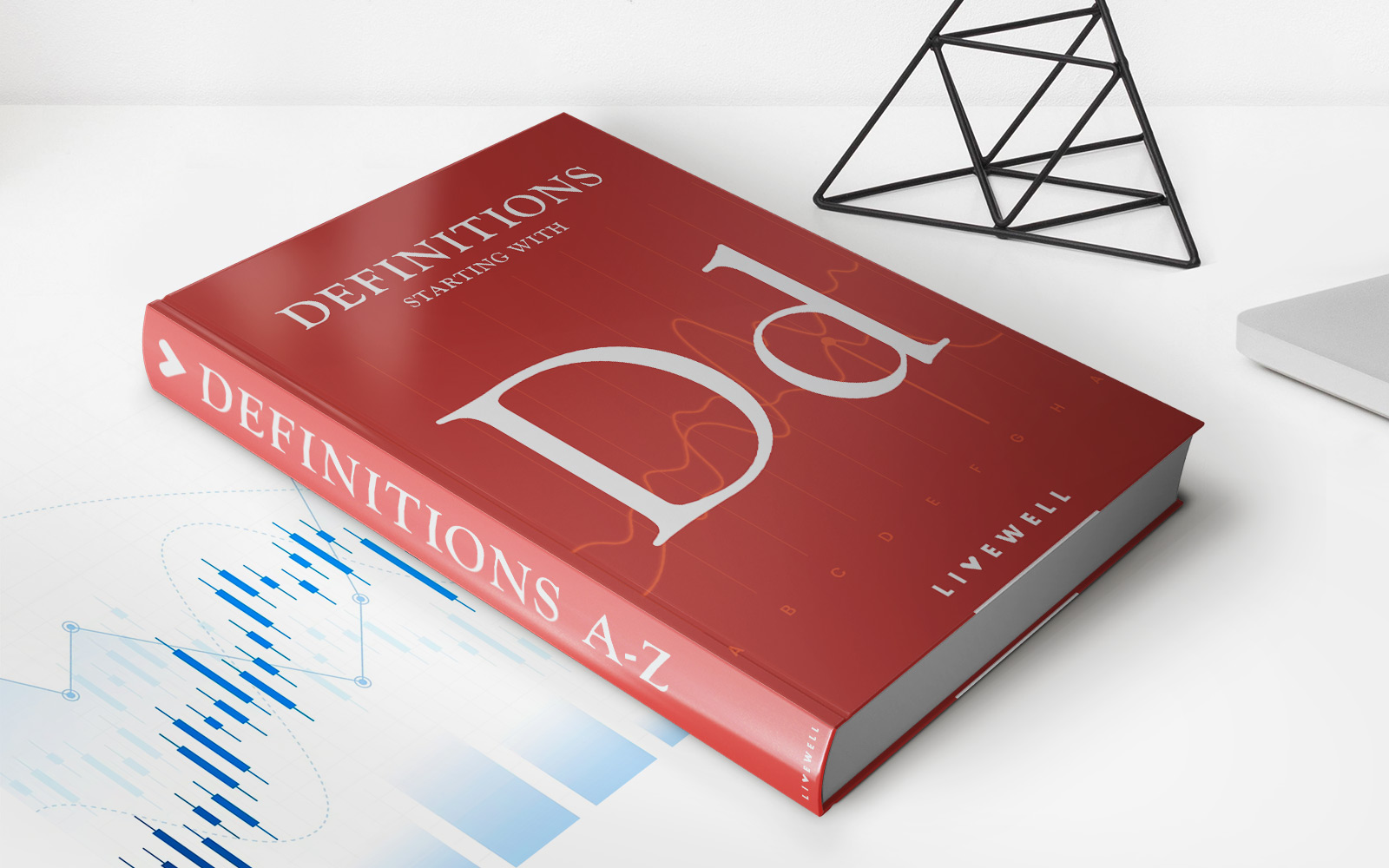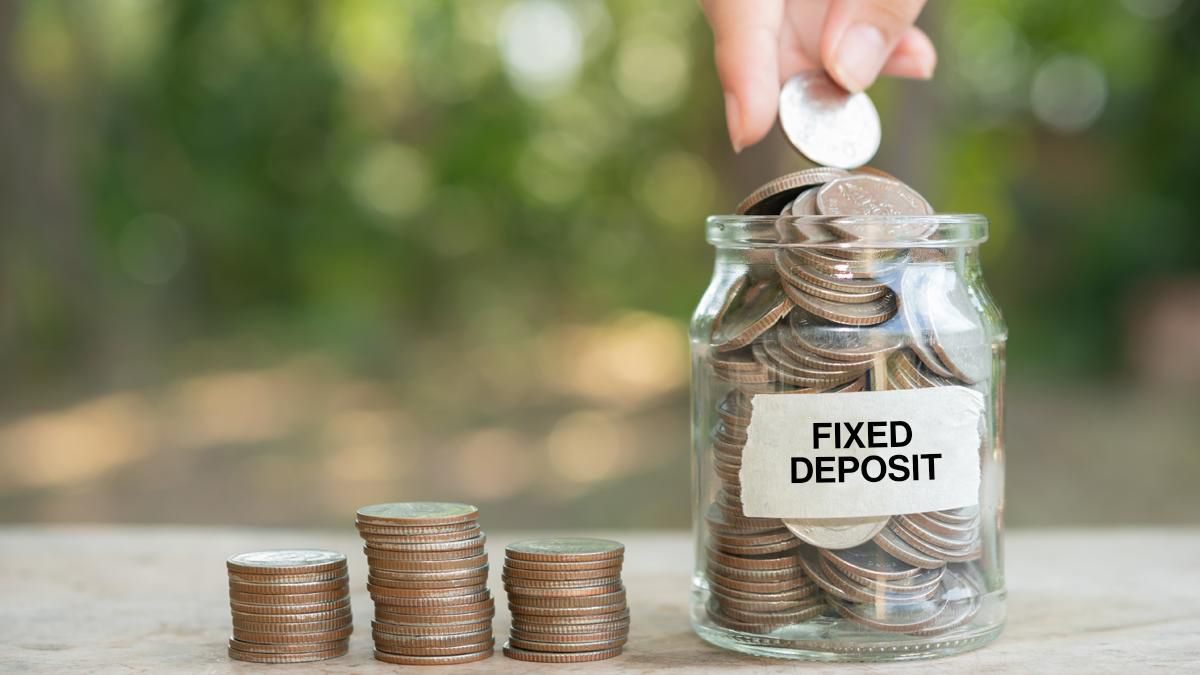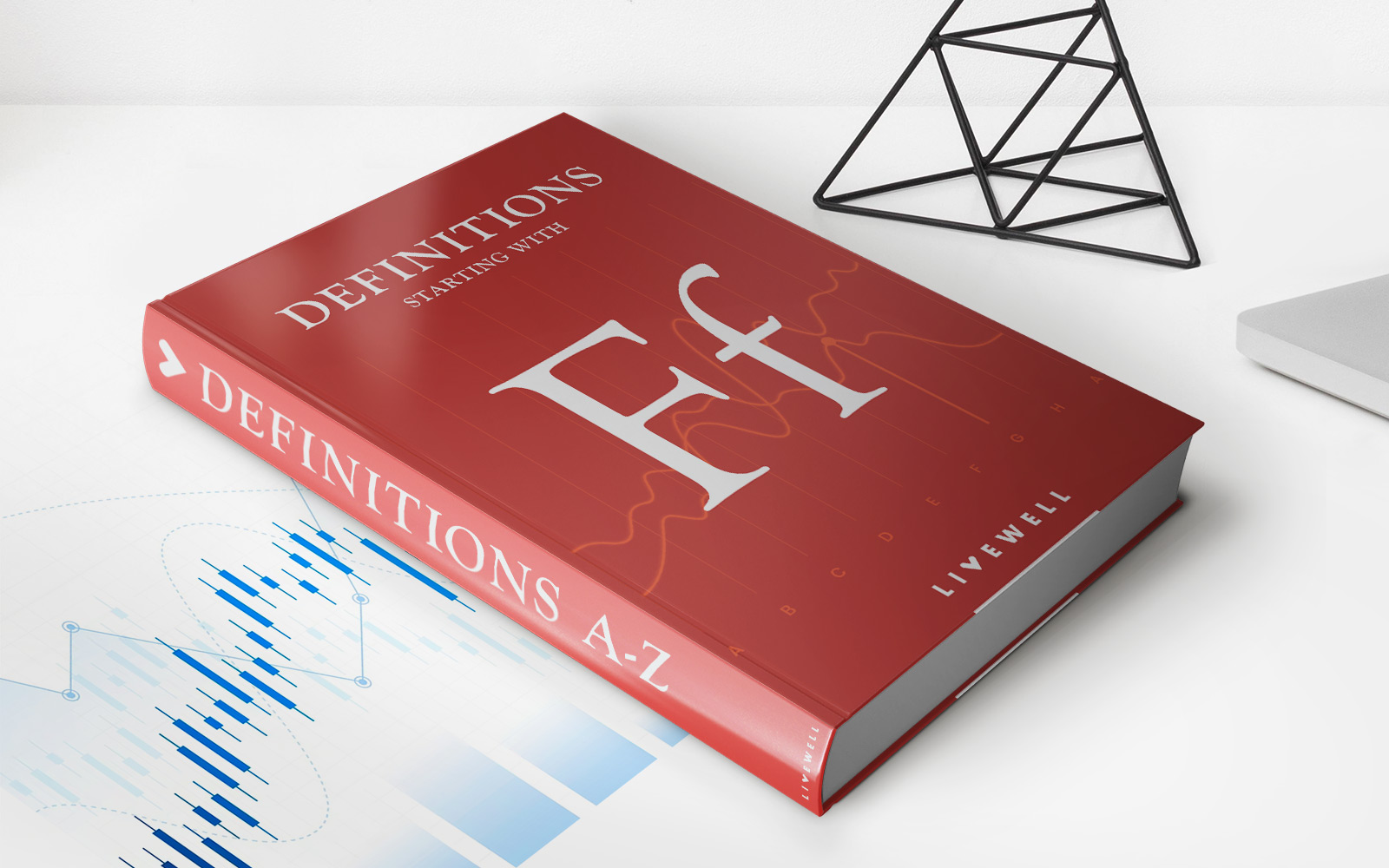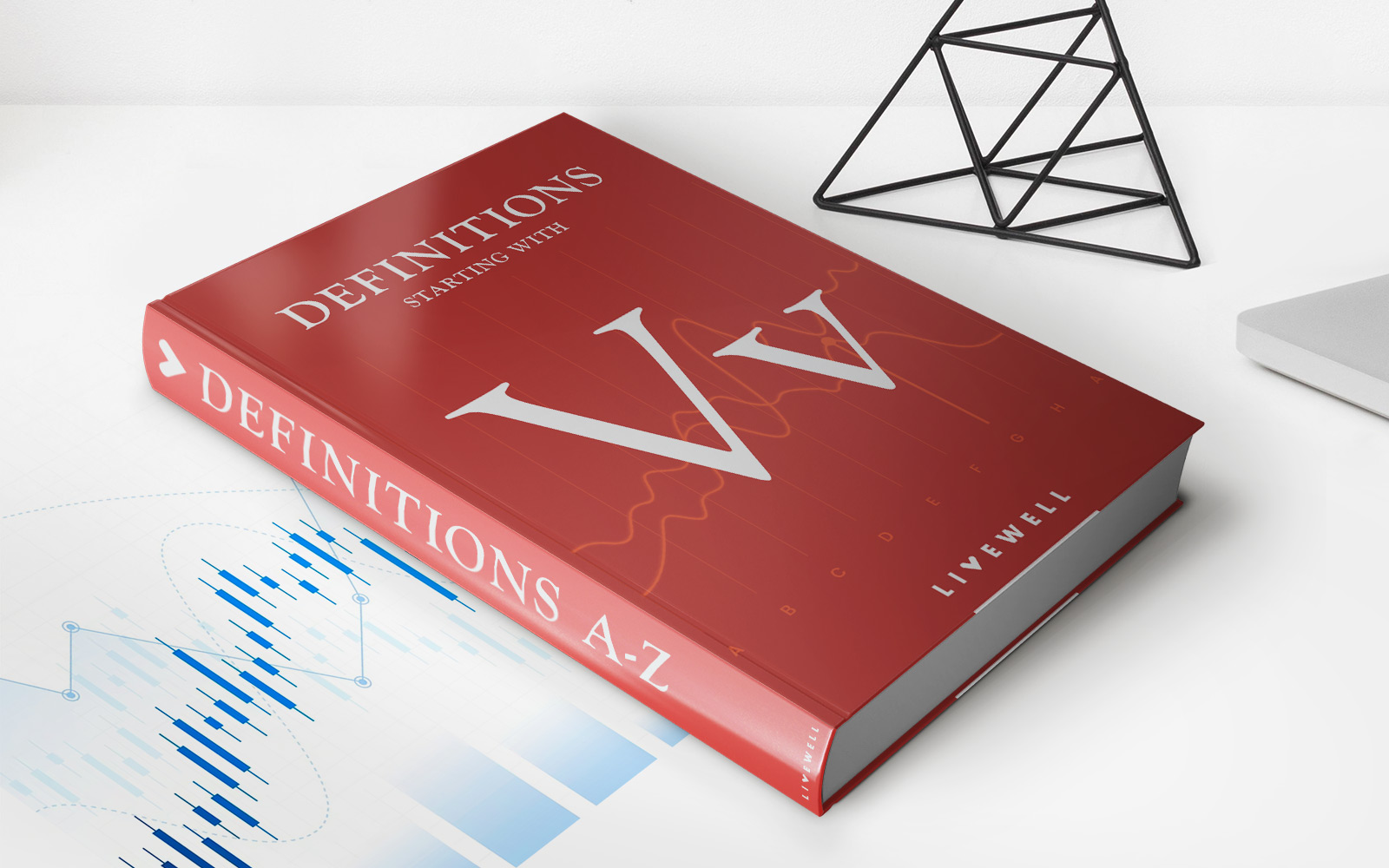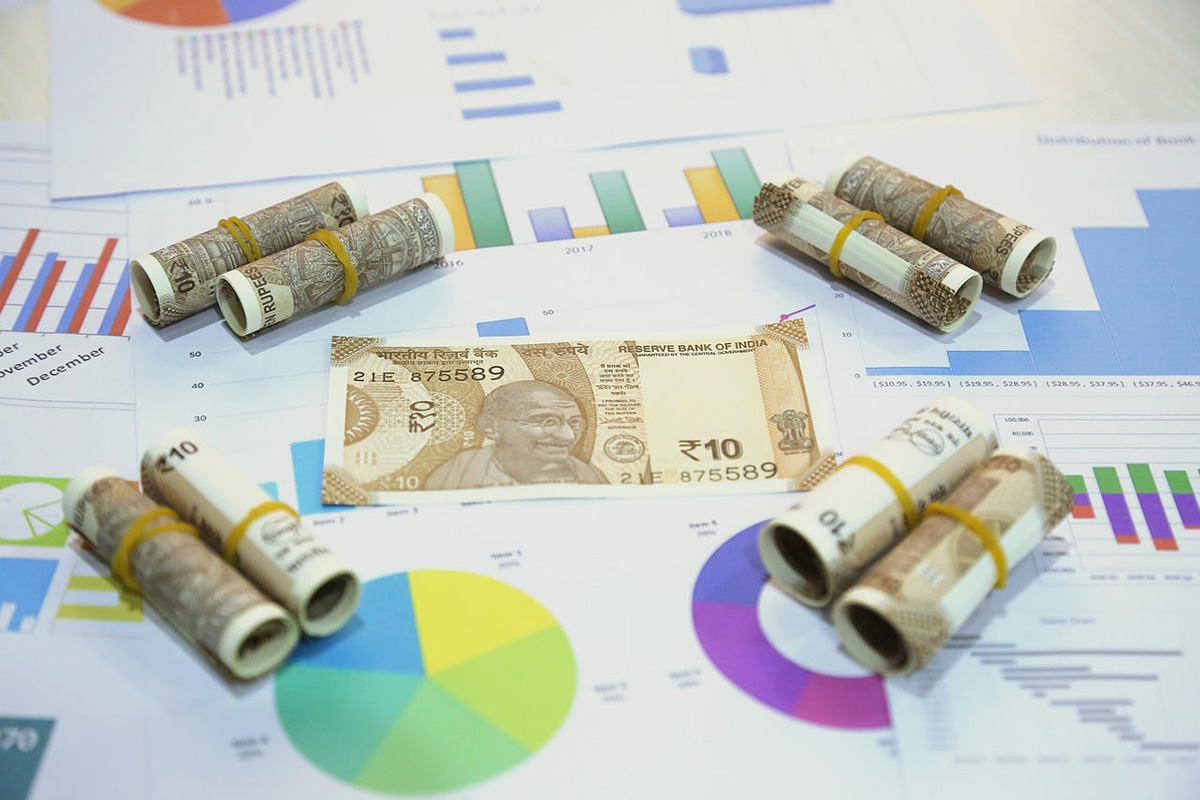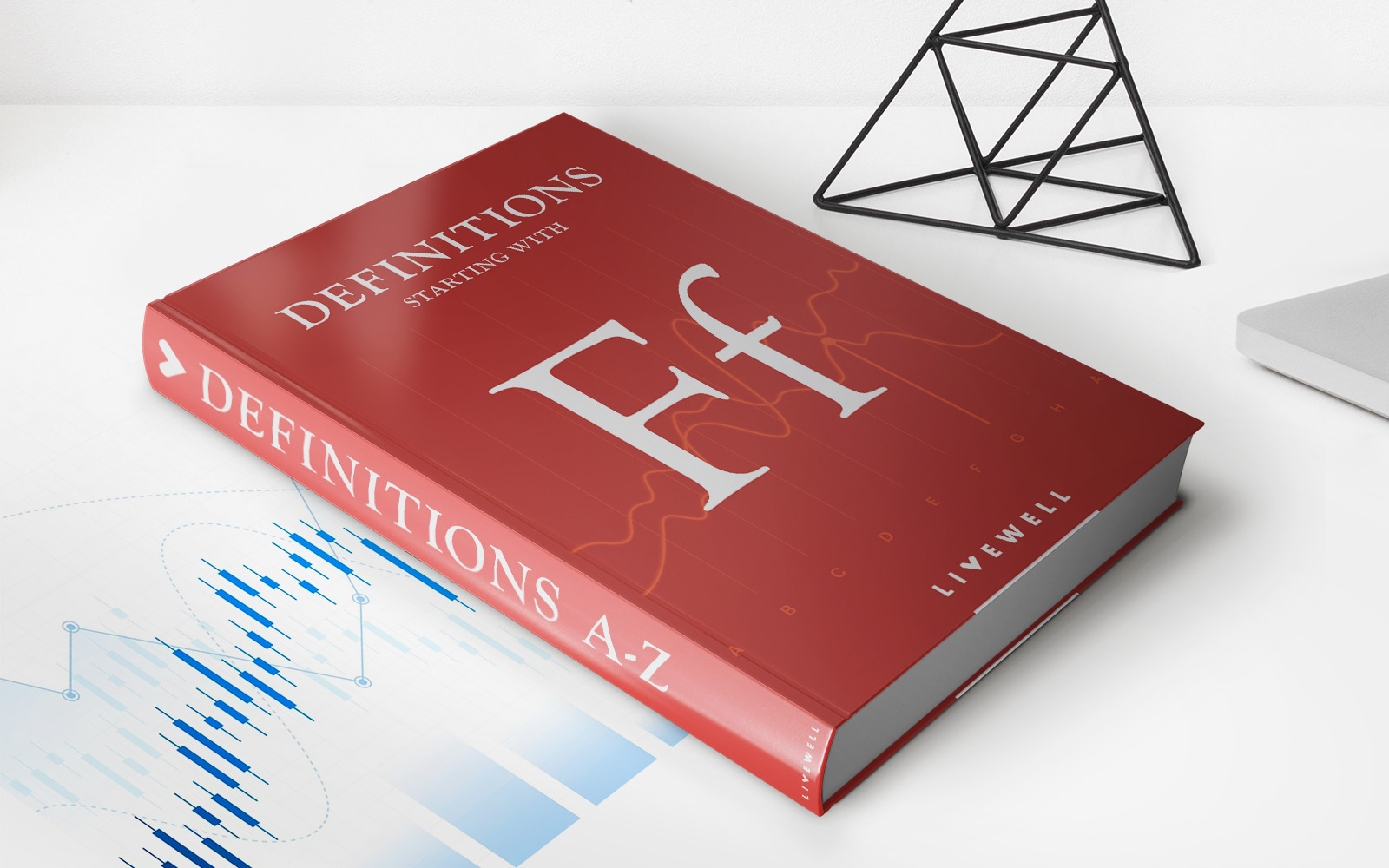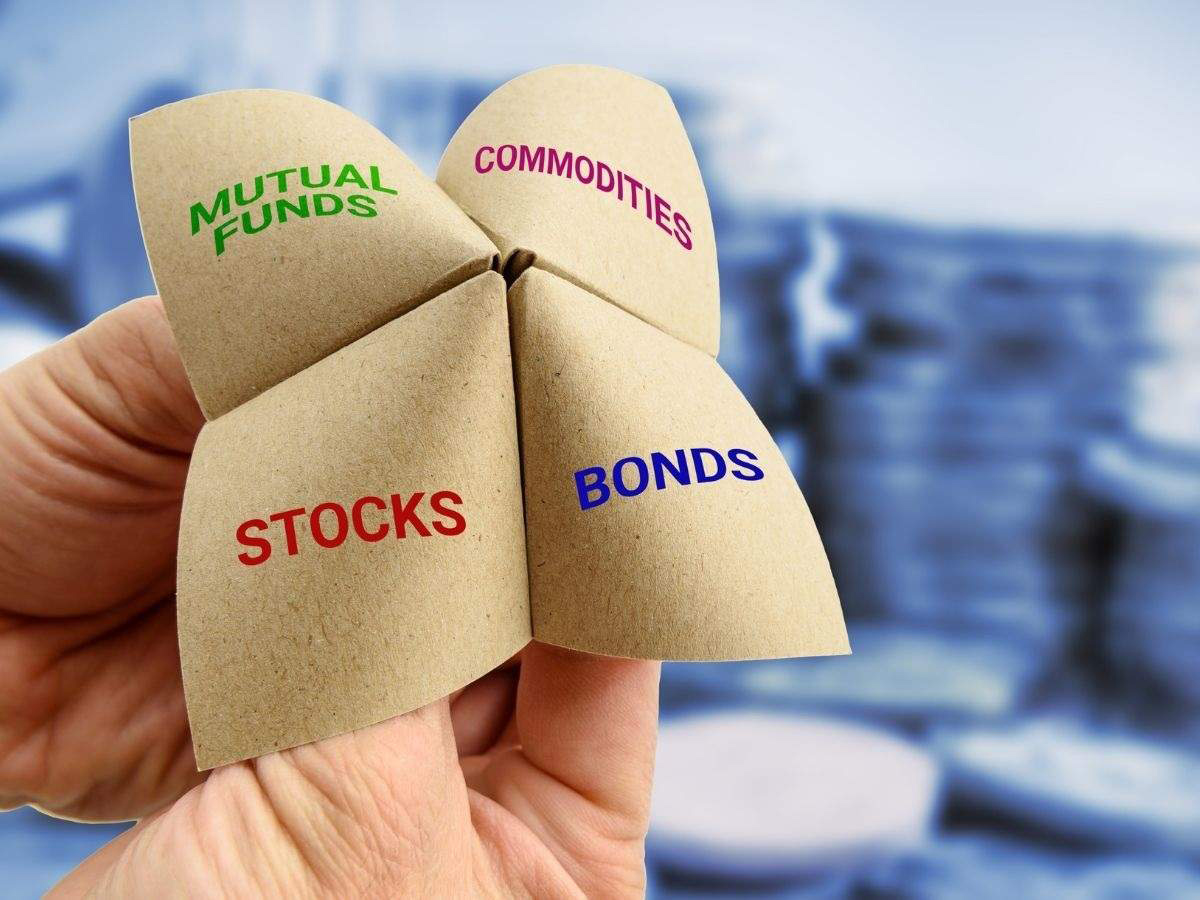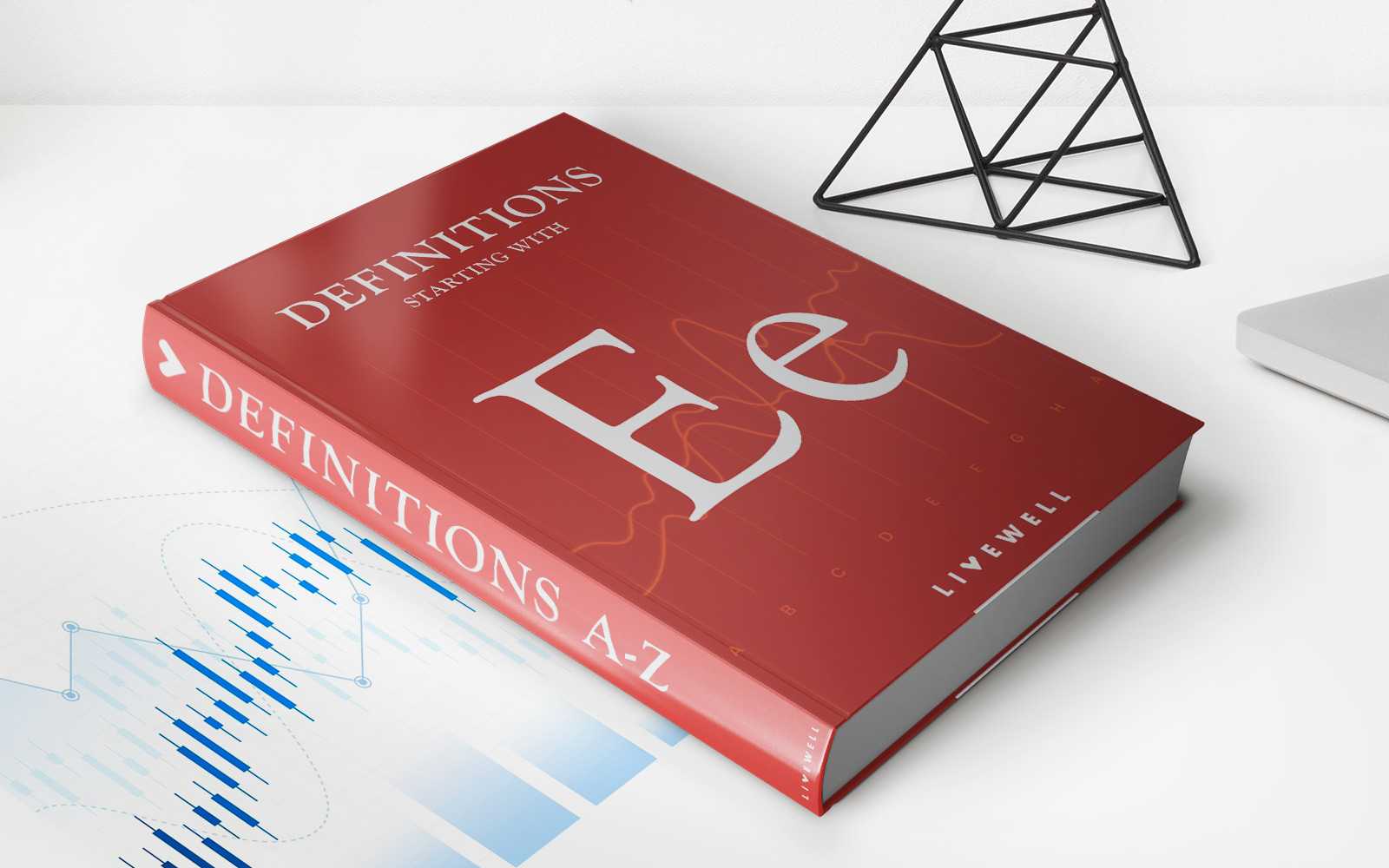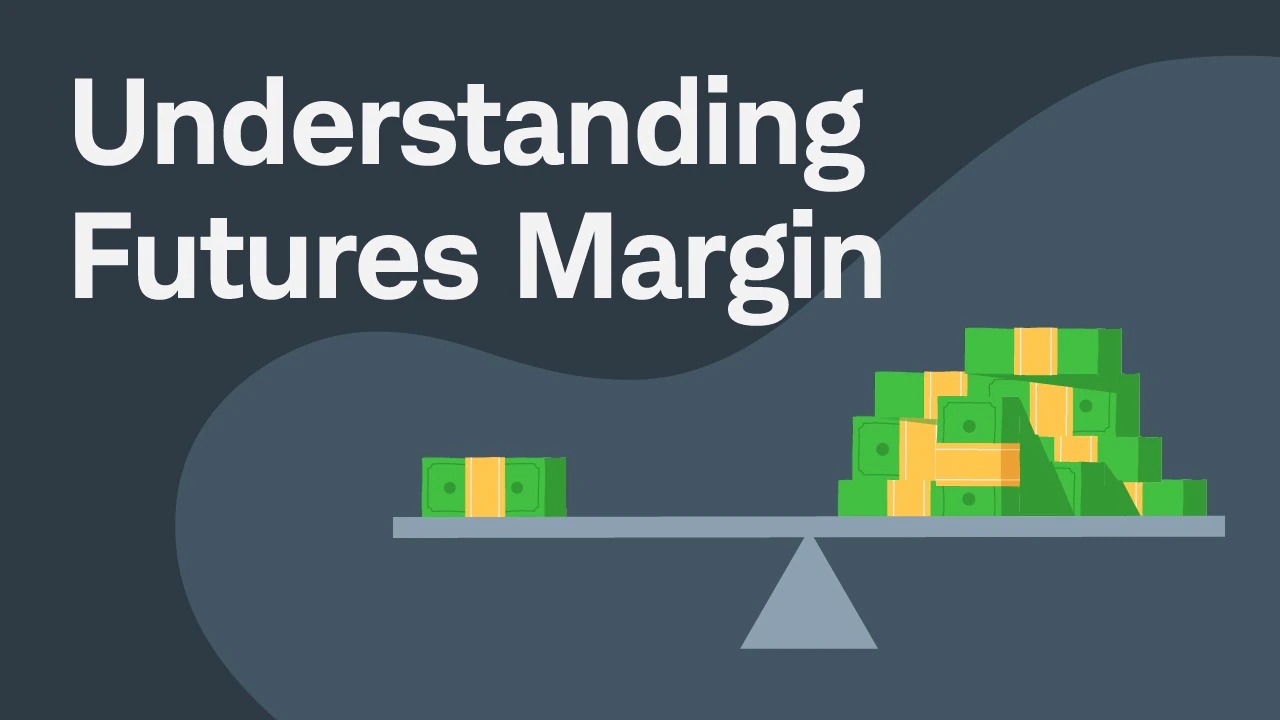Home>Finance>What Is The Latest Interest Rate In SBI For Fixed Deposits
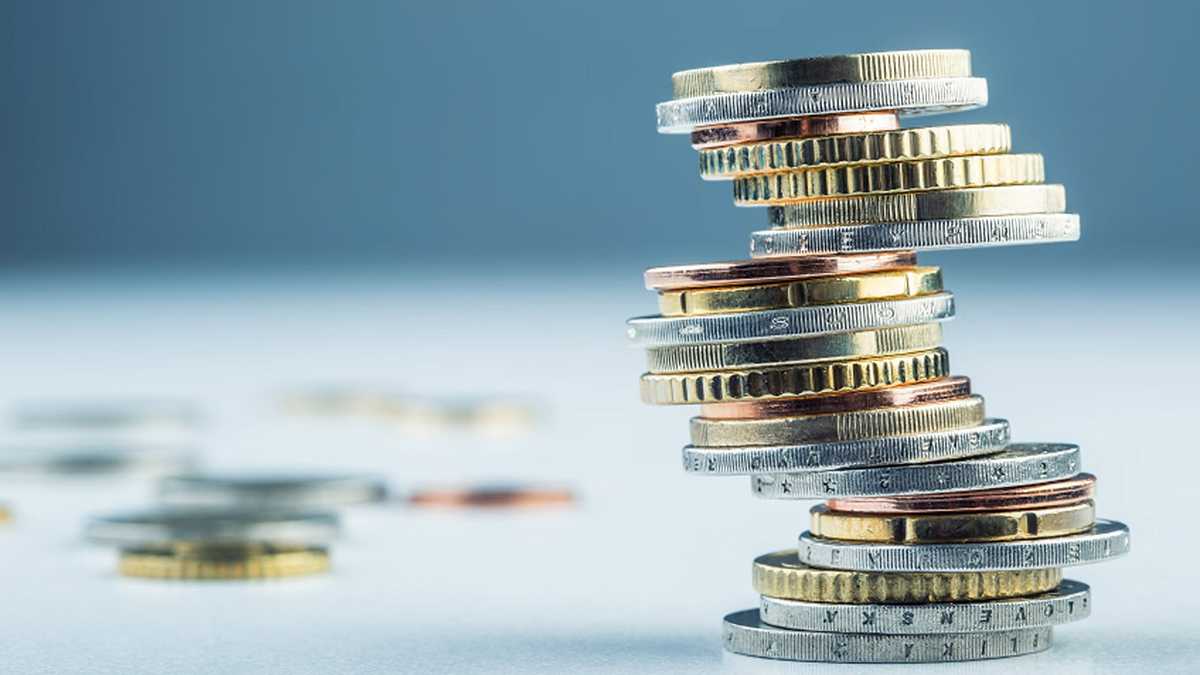

Finance
What Is The Latest Interest Rate In SBI For Fixed Deposits
Published: December 22, 2023
Find out the latest interest rate in SBI for fixed deposits. Stay updated on finance news and make informed investment decisions.
(Many of the links in this article redirect to a specific reviewed product. Your purchase of these products through affiliate links helps to generate commission for LiveWell, at no extra cost. Learn more)
Table of Contents
- Introduction
- Overview of SBI Fixed Deposits
- Understanding Interest Rates
- Factors Affecting Interest Rates
- Current Interest Rate in SBI for Fixed Deposits
- Comparison with Other Banks
- How to Calculate Interest on SBI Fixed Deposits
- Important Points to Consider
- Benefits of Investing in SBI Fixed Deposits
- Conclusion
Introduction
Welcome to the world of financial stability and growth! If you’re looking for a secure investment option, fixed deposits (FDs) are a popular choice. Fixed deposits offer a guaranteed return on your investment over a specific period of time, making them a reliable option for individuals and businesses alike.
When it comes to fixed deposits, State Bank of India (SBI) is a name that stands out. As one of the leading banks in India, SBI offers a range of attractive fixed deposit options to suit different investment needs. Understanding the latest interest rates offered by SBI for fixed deposits is crucial in making an informed decision.
In this article, we will delve into the intricacies of SBI fixed deposits, and provide you with insight into the current interest rates and how they compare to other banks. Whether you’re a seasoned investor or new to the world of fixed deposits, this article will equip you with the knowledge you need to make smart investment choices.
So, let’s dive into the world of SBI fixed deposits and explore the latest interest rates, calculating methods, benefits, and more. By the end, you’ll have a comprehensive understanding of how SBI fixed deposits can help you grow your wealth securely.
Overview of SBI Fixed Deposits
SBI offers fixed deposit accounts that allow customers to invest their savings for a specific period of time at a predetermined interest rate. Fixed deposits are a popular investment choice due to their low risk and guaranteed returns.
When it comes to SBI fixed deposits, there are several key features that make them attractive to investors:
- Flexible Tenure: SBI offers flexible tenure options for fixed deposits, ranging from 7 days to 10 years. This allows investors to choose a period that aligns with their financial goals and liquidity requirements.
- Competitive Interest Rates: SBI provides competitive interest rates on fixed deposits to ensure that your money grows over time. The interest rates offered may vary based on the tenure and deposit amount.
- Wide Range of Deposit Amounts: SBI allows customers to start a fixed deposit account with a minimum deposit amount, making it accessible to a wide range of investors. The minimum deposit amount varies based on the type of fixed deposit scheme.
- Option for Premature Withdrawal: While fixed deposits are meant to be locked in for a specific tenure, SBI provides the option for premature withdrawal in case of emergencies. However, this may be subject to certain penalty charges and conditions set by the bank.
- Interest Payment Option: SBI provides investors with the flexibility to choose the frequency of interest payment on their fixed deposits. You can opt to receive interest monthly, quarterly, or upon maturity.
It’s important to note that SBI offers different types of fixed deposit schemes tailored to the unique needs of individuals, including regular fixed deposits, tax-saving fixed deposits, and special fixed deposit schemes for senior citizens.
Now that we have a basic understanding of SBI fixed deposits and their key features, let’s dive deeper into the concept of interest rates and how they impact your investment.
Understanding Interest Rates
Interest rates play a pivotal role in fixed deposits as they determine the return you will earn on your investment. It is essential to have a clear understanding of how interest rates work and how they impact your earnings.
When you invest in a fixed deposit, the bank pays you interest on the principal amount for the chosen tenure. The interest rate is usually expressed as an annual percentage and can be fixed or variable, depending on the terms of the deposit.
Fixed interest rates remain unchanged throughout the tenure of the fixed deposit. This means that the interest rate at the time of investment will be applicable until maturity, providing you with a predictable return on your investment.
Variable interest rates, on the other hand, fluctuate based on market conditions and other factors. This means that the rate can change during the tenure of the fixed deposit, leading to variations in your earnings.
Interest rates are influenced by various factors, including:
- Reserve Bank of India (RBI) Policies: The RBI plays a significant role in determining interest rates in the country. Changes in the RBI’s monetary policies, such as repo rate or cash reserve ratio, can impact the interest rates offered by banks.
- Inflation and Economic Outlook: Inflation and the overall economic outlook can affect interest rates. High inflation or a weak economy may lead to higher interest rates to combat inflation or attract investment, while low inflation or a strong economy may result in lower interest rates.
- Competition among Banks: Banks compete with each other to attract customers’ deposits. Higher competition can lead to higher interest rates as banks strive to offer better returns to attract investors.
- Bank’s Financial Health: The financial health of a bank also plays a role in determining the interest rates it offers. Banks with a strong financial position may be able to offer more competitive interest rates to attract customers.
- Government Policies: Government policies related to the banking sector and lending rates can indirectly impact fixed deposit interest rates.
By understanding the factors affecting interest rates, you can make better decisions while choosing a fixed deposit scheme and timing your investments accordingly.
Now that we have a grasp of interest rates and their influence on fixed deposits, let’s explore the latest interest rates offered by SBI for fixed deposits.
Factors Affecting Interest Rates
Interest rates for fixed deposits are not set in stone and can be influenced by various factors. Understanding these factors can help you make informed decisions when choosing a fixed deposit scheme. Let’s take a closer look at the key factors that affect interest rates:
- Monetary Policy: The Reserve Bank of India (RBI) sets the monetary policy for the country, which includes key policy rates such as the repo rate and the reverse repo rate. Changes in these rates can impact the interest rates on fixed deposits. For example, if the RBI raises the repo rate to control inflation, banks may increase their fixed deposit rates to attract deposits.
- Economic Conditions: The overall economic conditions, including inflation, GDP growth, and market stability, can influence interest rates. During periods of high inflation, banks may raise their fixed deposit rates to provide a higher return to investors. Similarly, during an economic downturn, interest rates may be lowered to stimulate borrowing and economic activity.
- Bank’s Cost of Funds: The cost of funds for banks, including the interest they pay on deposits, plays a role in determining the interest rates they offer on fixed deposits. If a bank’s cost of funds increases, it may raise its fixed deposit rates to cover the additional expenses.
- Competition: Competition among banks can also influence interest rates. When banks compete for deposits, they may offer higher interest rates to attract customers. Conversely, if there is less competition, banks may lower their rates.
- Government Policies: Government policies, such as tax incentives or subsidies, can impact interest rates. For example, the government may offer tax benefits on specific types of fixed deposits, leading to higher interest rates for those schemes. Additionally, government regulations and directives can also influence interest rate decisions of banks.
- Market Forces: Various market forces, such as changes in bond yields or global economic conditions, can have an impact on interest rates. Banks may adjust their fixed deposit rates to align with market trends and investor demand.
It is important to remember that interest rates can change over time based on these factors. Therefore, it is advisable to stay updated with the latest rates and choose a fixed deposit scheme that offers competitive rates and suits your financial goals.
Now, let’s move on to discussing the current interest rates offered by SBI for fixed deposits.
Current Interest Rate in SBI for Fixed Deposits
The current interest rates offered by SBI for fixed deposits vary depending on the tenure of the deposit and the amount invested. SBI regularly reviews and updates its interest rates to align with market trends and provide competitive returns to its customers.
As of [insert date], the interest rates for SBI fixed deposits are as follows:
- For deposits with a tenure of 7 days to 45 days, the interest rate ranges from [insert range]% to [insert range]%.
- For deposits with a tenure of 46 days to 179 days, the interest rate ranges from [insert range]% to [insert range]%.
- For deposits with a tenure of 180 days to less than 1 year, the interest rate ranges from [insert range]% to [insert range]%.
- For deposits with a tenure of 1 year to less than 2 years, the interest rate ranges from [insert range]% to [insert range]%.
- For deposits with a tenure of 2 years to less than 3 years, the interest rate ranges from [insert range]% to [insert range]%.
- For deposits with a tenure of 3 years to less than 5 years, the interest rate ranges from [insert range]% to [insert range]%.
- For deposits with a tenure of 5 years and up to 10 years, the interest rate ranges from [insert range]% to [insert range]%.
Please note that these interest rates are indicative and subject to change. It is always recommended to check with the bank for the latest rates at the time of making a fixed deposit.
In addition to these regular fixed deposit rates, SBI may also offer special interest rates for senior citizens. These rates are typically higher than the rates offered to other individuals, providing senior citizens with an added advantage for their investments.
It is important to consider these interest rates when choosing a fixed deposit scheme. Higher interest rates can significantly impact your earnings over the tenure of the deposit, so it’s crucial to assess your financial goals and choose a tenure and deposit amount that aligns with your investment strategy.
Now that you have an understanding of the current interest rates offered by SBI, let’s compare them with other banks to help you make an informed decision.
Comparison with Other Banks
When considering a fixed deposit investment, it’s essential to compare the interest rates offered by different banks. This allows you to assess which bank provides the most competitive rates and which aligns with your investment goals. Let’s compare the interest rates offered by SBI with those of other leading banks:
- HDFC Bank: HDFC Bank is known for its competitive interest rates on fixed deposits. The rates offered by HDFC Bank may be similar to or slightly higher than the rates offered by SBI, depending on the tenure and deposit amount.
- ICICI Bank: ICICI Bank is another reputable bank that offers attractive interest rates on fixed deposits. Their rates are comparable to those of SBI and HDFC Bank, and they offer flexible tenure options.
- Axis Bank: Axis Bank is known for its competitive interest rates on fixed deposits, particularly for longer tenure deposits. Their rates may be slightly higher than those offered by SBI and other banks.
- Kotak Mahindra Bank: Kotak Mahindra Bank offers competitive interest rates on fixed deposits, similar to other leading banks. However, their rates may vary depending on the deposit amount and tenure.
- Bank of Baroda: Bank of Baroda is known for its competitive interest rates on fixed deposits. Their rates may be similar to or slightly lower than those offered by SBI. They also offer a range of tenure options to suit different investment needs.
It is important to compare the interest rates along with other factors such as the bank’s reputation, customer service, and additional benefits they offer. Additionally, consider whether the bank provides any special rates for senior citizens or other specific categories of customers.
While interest rates play a significant role in choosing a fixed deposit, it’s crucial to evaluate the overall package offered by the bank. Look for a bank that provides a seamless banking experience, has a strong financial position, and offers convenient features such as online account management and easy accessibility.
By comparing the interest rates and additional features of different banks, you can make an informed decision while choosing a fixed deposit scheme that best suits your financial goals and preferences.
Now that we have compared the interest rates of SBI with other banks, let’s move on to understanding how to calculate interest on SBI fixed deposits.
How to Calculate Interest on SBI Fixed Deposits
Calculating the interest on your SBI fixed deposit is essential to understand the potential returns on your investment. SBI follows a simple interest calculation method for fixed deposits. Let’s take a look at how you can calculate the interest on your SBI fixed deposit:
The formula to calculate simple interest is:
Simple Interest = Principal Amount × Interest Rate × Time
Where:
- Principal Amount: This is the initial amount you invest in the fixed deposit.
- Interest Rate: The annual interest rate provided by SBI for the fixed deposit.
- Time: The duration of the fixed deposit in years.
For example, if you invest Rs. 1,00,000 in an SBI fixed deposit with an interest rate of 6% per annum for 2 years, the calculation would be as follows:
Simple Interest = Rs. 1,00,000 × 6% × 2 = Rs. 12,000
In this example, the simple interest earned on the fixed deposit over 2 years would be Rs. 12,000.
It’s important to note that SBI may calculate interest on a quarterly or half-yearly basis, depending on the scheme and tenure. In such cases, the interest is compounded, which means the interest earned in each period is added to the principal amount, and subsequent interest is calculated based on the new total principal.
SBI provides an online calculator on its website that allows you to calculate the maturity amount and interest earned on your fixed deposit based on the chosen scheme, tenure, and deposit amount. This calculator takes into account the compounding of interest and provides accurate results.
Keep in mind that the interest earned on fixed deposits is subject to tax as per the income tax regulations in India. It is advisable to consult a tax professional for guidance on the tax implications of your fixed deposit earnings.
Now that you know how to calculate the interest on SBI fixed deposits, let’s explore some important points to consider before investing in SBI fixed deposits.
Important Points to Consider
Before investing in SBI fixed deposits, there are several important points that you should consider to make an informed decision. These points will help you maximize your returns and ensure a smooth investment experience. Let’s take a look:
- Tenure and Lock-in Period: Consider the duration for which you can comfortably lock in your funds. SBI offers flexible tenure options, but keep in mind that premature withdrawal may attract penalty charges.
- Interest Rates: Compare the interest rates offered by SBI with those of other banks. Look for competitive rates that align with your investment goals.
- Deposit Amount: Determine the amount you can comfortably invest in a fixed deposit. SBI offers a wide range of deposit amounts to accommodate different investors.
- Inflation and Returns: Take into account the prevailing inflation rate. Ensure that the interest rate on the fixed deposit surpasses the inflation rate to earn positive real returns.
- Tax Implications: Understand the tax implications of the interest earned on fixed deposits. SBI deducts TDS (Tax Deducted at Source) if the interest exceeds a certain threshold. You may need to declare the interest earned while filing your income tax returns.
- Renewal or Premature Withdrawal: Familiarize yourself with SBI’s policies regarding renewal and premature withdrawal of fixed deposits. Decide whether you want to reinvest the maturity amount or withdraw it upon maturity.
- Senior Citizen Benefits: If applicable, consider the special interest rates and benefits offered to senior citizens. SBI provides preferential rates to senior citizens as an incentive for their investments.
- Customer Service and Accessibility: Evaluate the customer service and accessibility offered by SBI. Check if the bank provides convenient online account management and easy access to your fixed deposit details.
- Risk and Liquidity: Fixed deposits are considered low-risk investments, but they may not offer immediate liquidity. Assess your risk tolerance and liquidity needs before investing.
By carefully considering these points, you can make an informed decision while investing in SBI fixed deposits. It is also advisable to read the terms and conditions, interest payment options, and any additional benefits offered by SBI for fixed deposit investments.
Now, let’s explore the benefits of investing in SBI fixed deposits to further understand the advantages they offer.
Benefits of Investing in SBI Fixed Deposits
Investing in SBI fixed deposits offers a range of benefits that make it an attractive investment option for individuals and businesses alike. Let’s explore the key advantages of investing in SBI fixed deposits:
- Guaranteed Returns: SBI fixed deposits provide guaranteed returns on your investment, offering a sense of financial security. Regardless of market fluctuations, you can be assured of the interest rate specified at the time of investment.
- Low Risk: Fixed deposits are considered low-risk investments as they are not subject to market uncertainties. Your principal amount is not exposed to market fluctuations, making it a stable investment avenue.
- Wide Range of Tenure Options: SBI offers flexible tenure options for fixed deposits, ranging from 7 days to 10 years. This allows you to choose a tenure that aligns with your investment goals, whether you’re looking for short-term liquidity or long-term wealth accumulation.
- Competitive Interest Rates: SBI offers competitive interest rates on its fixed deposits, ensuring that your money grows over time. By choosing SBI, you can earn attractive returns compared to other investment avenues such as savings accounts or government bonds.
- Tax Benefits: SBI fixed deposits may offer tax benefits under certain schemes, such as tax-saving fixed deposits. Interest earned on such deposits may be eligible for deductions under Section 80C of the Income Tax Act, reducing your tax liability.
- Convenient Investment Option: Investing in SBI fixed deposits is a simple process that can be done through various channels, including online banking, mobile banking, or by visiting an SBI branch. This convenience makes it accessible even for individuals who are new to investing.
- Option for Premature Withdrawal: While fixed deposits are meant to be locked in for a specific tenure, SBI provides the option for premature withdrawal in case of emergencies. However, this may be subject to certain penalty charges and conditions set by the bank.
- Special Benefits for Senior Citizens: SBI offers preferential interest rates and benefits for senior citizens investing in fixed deposits. This allows them to earn higher returns on their savings and secure their financial future.
By availing these benefits, SBI fixed deposits provide a secure and reliable investment option for individuals and businesses. It is important to carefully assess your financial goals, risk tolerance, and liquidity needs before making an investment decision.
Now that we have explored the benefits of investing in SBI fixed deposits, let’s conclude our article.
Conclusion
SBI fixed deposits offer a reliable and secure investment avenue with guaranteed returns. By understanding the latest interest rates, calculating interest, and considering important factors, you can make informed investment decisions and maximize your returns.
Throughout this article, we discussed the various aspects of SBI fixed deposits, including an overview of SBI’s offerings, understanding interest rates, factors affecting interest rates, current interest rates, comparison with other banks, calculating interest, important points to consider, and the benefits of investing in SBI fixed deposits.
With flexible tenure options, competitive interest rates, and the assurance of guaranteed returns, SBI fixed deposits remain a popular choice among investors. Whether you’re looking for short-term liquidity or long-term wealth accumulation, SBI offers options that cater to your specific investment goals.
It is important to evaluate your financial situation, risk tolerance, and liquidity needs before making any investment decision. Consider the latest interest rates, compare them with other banks, and consult a tax professional for guidance on tax implications.
Ultimately, SBI fixed deposits provide a secure and convenient investment opportunity with low risk and attractive returns. By carefully considering the features, benefits, and investment parameters, you can make an informed choice and embark on a journey towards financial stability and growth.
So, take the first step towards securing your financial future by exploring the world of SBI fixed deposits and make your money work for you!
